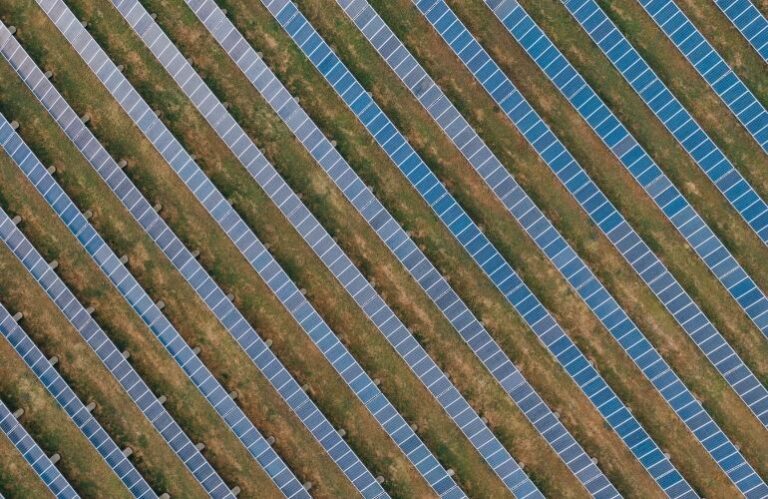On July 22, U.S. Senators Manchin (I-WV) and Barrasso (R-WY) released the Energy Licensing Reform Act of 2024 to increase energy security and improve permitting for energy infrastructure projects.
In April, more than 200 solar and storage companies called for comprehensive permitting reforms that would open federal lands to clean energy, modernize the electric grid and expand transmission capacity.
Clean energy-specific organizations praised the new legislation, while a conservation group sharply criticized the bill’s fossil fuel elements.
“We are pleased with the bipartisan recognition that we must quickly and efficiently expand transmission capacity to keep pace with growing U.S. electricity demand,” said Abigail Ross Hopper, president and CEO of SEIA, in a press statement. “SEIA has been calling for a fundamental change in the way we build transmission capacity for years and has long advocated for reforms that share costs fairly. While we’re still assessing the details, this is a conversation worth having.
“We also applaud renewed efforts to simplify and streamline the development of clean energy infrastructure on public lands, helping us reduce costs for ratepayers and improve grid reliability. This bill is a positive step forward for our clean energy future, and we look forward to seeing this bipartisan bill introduced in the Senate,” she continued.
The American Council on Renewable Energy also welcomed the new legislation.
“America’s burdensome permitting process has for years held back clean energy and transmission projects that are essential to our nation’s electricity future. Virtually no interregional transmission lines have been built in the past decade, despite their critical importance to the reliability of the electric grid,” said Ray Long, president and CEO of ACORE, in a press statement. “We applaud Senators Joe Manchin (I-WV) and John Barrasso (R-WY) for releasing the Energy Permitting Reform Act of 2024, which will help shorten permitting times for clean energy projects and increase interstate transmission in the U.S. to speed up. “Specifically, FERC directs FERC to establish an interregional transmission planning process that ACORE has long advocated.”
The Center for Biological Diversity thought differently about the bill.
“This Frankenstein legislation is nothing short of the biggest giveaway for the fossil fuel industry in decades,” said Brett Hartl, director of government affairs at the Center for Biological Diversity, in a press statement. “The insignificant crumbs thrown at renewable energy do nothing to address the climate crisis, but would instead create a livable planet.”
Updated at 10:15 am


